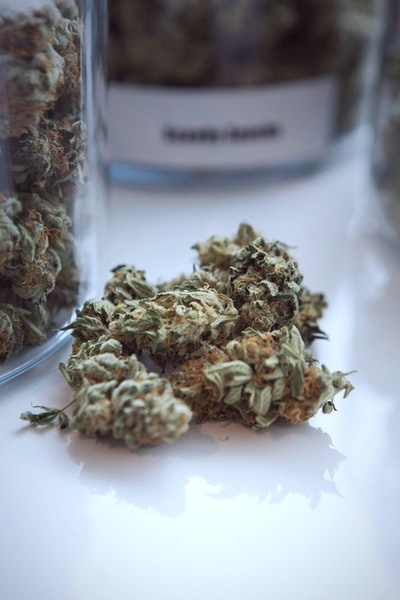Last summer, we reported on the trademark infringement lawsuit filed by Veritas Fine Cannabis (“VFC”) against Veritas Farms here and here. In late August, I had reported Veritas Farms filed a motion to dismiss on the basis VFC does not actually possess the common law federal trademarks it seeks to enforce. Since the motion was filed, VFC filed an amended complaint, and Veritas Farms filed a second motion to dismiss, largely on the same grounds but also including arguments based on the illegality doctrine (which we’ve previously written about here).
Unfortunately for VFC, Magistrate Judge Michael E. Hegarty issued a recommended order that the Court grant Veritas Farms’ motion to dismiss – and to dismiss the trademark infringement and related claims with prejudice (meaning, VFC cannot amend or try to bring these claims again). But, for the cannabis-ancillary industry, the order clarifies the illegality doctrine isn’t going to prevent all marijuana-related services from obtaining trademark rights.
In its motion, Veritas Farms argued VFC’s business and products (which largely relate to providing information about cannabis) are illegal under federal law under the Controlled Substances Act, and thus not eligible for trademark protection. VFC responded the provision of informational services about cannabis is not illegal and thus, they are eligible for trademark protection.
Judge Hegarty began his analysis by stating the standard:
A trademark qualifies for registration and its associated benefits if the trademark owner has ‘used [the mark] in commerce’ or has a bona fide intent to do so, and courts have long held that the commerce must be ‘lawful’ for it to satisfy the “use in commerce’ requirement. (Citations omitted).
With respect to the standard, he agreed with Veritas Farms that federal trademark law can only protect marks that are in substance legal under federal law – and therefore, protection of marijuana-related goods is therefore prohibited.
Even after passage of the 2018 Farm Bill, ‘the USPTO [would] continue to refuse registration when the identified services in an application involve cannabis that meets the definition of marijuana and encompass activities prohibited under the CSA.
However, the agreement ends there. Judge Hegarty then looked into the definition of marijuana under the Controlled Substances Act:
all parts of the plant Cannabis sativa L., whether growing or not; the seeds therefor; the resin extracted from any part of such plant; and every compound, manufacture, salt, derivative, mixture, or preparation of such plant, its seeds or resin.
Using that definition, he confirmed the attempt to trademark goods or services in connection with marijuana, its parts, or any of its uses, are “not be permitted under federal law.” That definition was not instructive on VFC’s trademark for the provision of information services – and ultimately, Judge Hegarty ruled VFC’s sought trademark protection isn’t illegal:
… the plaintiff [VFC] is attempting to trademark not cannabis-related goods and products but rather the provision of information regarding cannabis and cannabis products. The Court recognizes that this is a gray area of law. Based on the parties’ arguments and the limited case law and other authorities on the matter, the Court does not find that the provision of information, in this context, is prohibited. In other words, the provision of information regarding cannabis is not illegal under federal law, so it is eligible for trademark protection.
This recommended order is a positive sign for the industry as a whole, and it signals a growing awareness of the courts that this type of “gray area of law” needs to be proactively clarified – again and again.
The post Recommended Order Clarifies Not All Marijuana Businesses Should Be Denied Trademark Protection appeared first on Harris Bricken.






